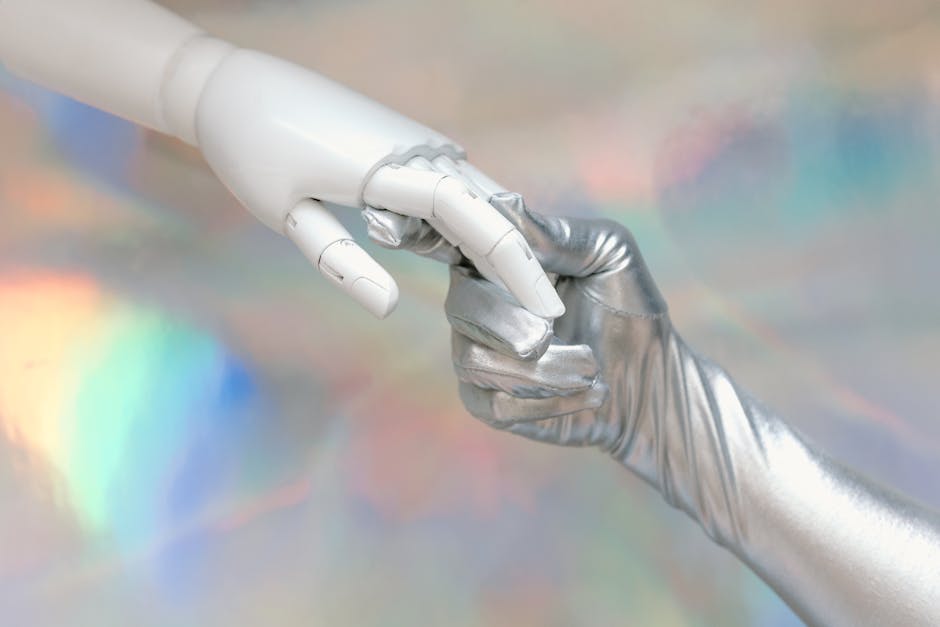No products in the cart.
Navigating Human Oversight in Robotics Careers
As AI and robotics evolve, new careers emerge that blend technology and human skills, reshaping the workforce landscape.
San Francisco, USA — The rise of artificial intelligence (AI) and robotics is reshaping the job market in profound ways. As machines take on more tasks, the demand for human oversight and hybrid roles is increasing. This evolution is creating new career paths that blend technical skills with human intuition and problem-solving.
The integration of AI into industries such as manufacturing, healthcare, and customer service is not just a trend; it’s a seismic shift. According to a report by McKinsey, up to 800 million jobs could be displaced by automation globally by 2030, but the silver lining is that many of these roles will evolve rather than disappear. Instead of simply eliminating jobs, automation is transforming existing roles and creating new ones that require a unique blend of human and machine collaboration.

The concept of human oversight in robotics is crucial. Robots are increasingly being programmed to learn and adapt, which raises questions about the limits of their autonomy. A study by the World Economic Forum suggests that while 75 million jobs may be lost to automation, 133 million new roles could emerge, particularly in technology and service industries. This means that a significant portion of the workforce will need to acquire new skills to remain relevant in a changing job landscape.
Organizations are beginning to recognize the importance of training employees for these new roles. Companies like Siemens and IBM have invested heavily in reskilling programs to prepare their workforce for the future. These initiatives focus on developing skills in AI, machine learning, and data analytics—areas that are becoming increasingly vital as technology advances. Furthermore, businesses are looking for employees who possess not only technical skills but also soft skills such as creativity, emotional intelligence, and problem-solving abilities.
Companies like Siemens and IBM have invested heavily in reskilling programs to prepare their workforce for the future.
One of the most promising developments in this landscape is the emergence of hybrid jobs, which combine human skills with technical expertise. For example, roles such as AI ethics compliance officer and robot technician are gaining traction. These positions require a deep understanding of both technology and human behavior, making them ideal for individuals with interdisciplinary backgrounds.
Moreover, the gig economy is also undergoing a transformation. Freelancers and contractors are increasingly being sought for their specialized skills in AI and robotics. According to a report by Upwork, demand for AI specialists on their platform has surged by 74% since 2020. This trend points to a flexible workforce that can adapt to the rapid technological changes in various industries.
However, this rapid evolution comes with its challenges. The digital divide remains a significant barrier to entry for many potential workers. Access to education and training resources is uneven, particularly in developing regions. As the World Economic Forum highlights, the need for inclusive training programs is urgent to ensure that all individuals can benefit from the opportunities created by AI and automation.
Looking ahead, the relationship between humans and robots will be one of collaboration rather than competition. As machines take over more routine tasks, humans will be freed to focus on complex problem-solving and creative thinking. This shift will require a reimagining of education systems to emphasize critical thinking, adaptability, and lifelong learning.
Organizations must also adapt their leadership styles to foster an environment of continuous learning and innovation. Leaders should encourage their teams to embrace change and invest in their development. This proactive approach will not only prepare organizations for the future but also empower employees to thrive in an automated world.
This shift will require a reimagining of education systems to emphasize critical thinking, adaptability, and lifelong learning.
In this evolving landscape, the most successful individuals will be those who embrace change and continuously seek to enhance their skills. As the lines between technology and work blur, adaptability will be the key to thriving in an increasingly automated society.











